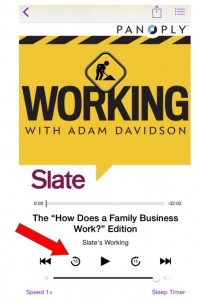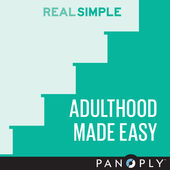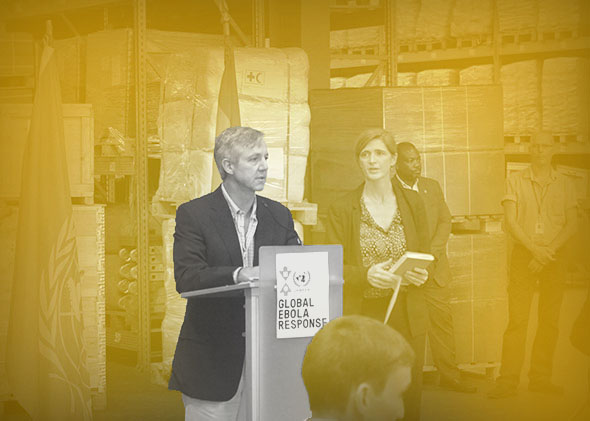The finals of The National Spelling Bee are tonight. Reading about this year’s event brought back memories for me. Ok, so I didn’t participate in that spelling bee, but I did take part in a local spelling bee while in elementary school. I misspelled hippopotamus. Yep, I remember the moment like it was yesterday. Proudly wearing my Hard Rock Café sweatshirt, I easily made it through the first round only to get eliminated in round two. I can tell you this – I never misspelled hippopotamus again. Isn’t that usually the case with mistakes? We make them and then learn from them, hopefully never making them again.
The same goes for the ups and downs of the job search process. Interviewing certainly comes to mind when I think of the importance of learning from missteps. I don’t know anyone who hasn’t left an interview at some point in their professional life questioning whether they made a connection with an interviewer or answered a particular question well. It’s happened to the best of us. The important piece of the process is gathering and applying new information as you go – What do I need to do to prepare better next time? What am I most proud of from my recent interview experience? It’s easy to focus energy on what went wrong rather than what went well. Continue to build on and learn from these experiences. Set your sights on the next interview and put your best foot forward. Let’s just hope you aren’t asked to spell panophthalmitis.






